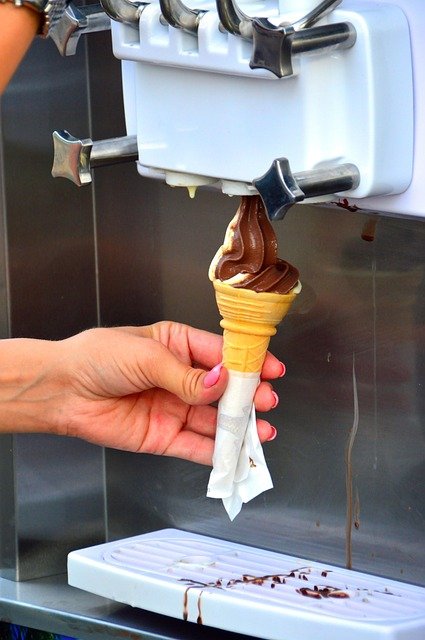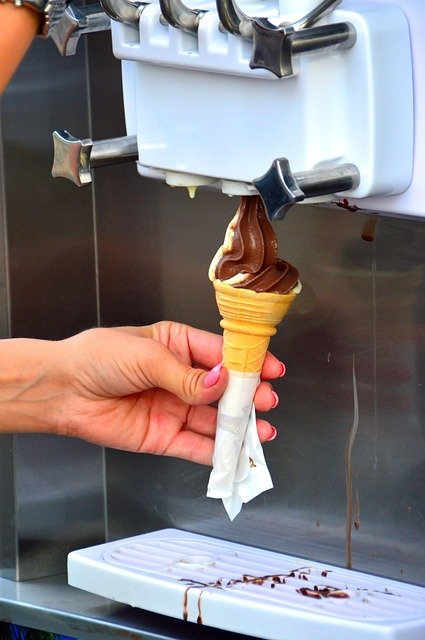Industrial Ice Block Machines: Key Uses and Buying Guide
July 9, 2025 | by li, moniker

The Importance of Industrial Ice Block Making Machines in Modern Industries
Industrial ice block making machines play a crucial role in various sectors, including food processing, fisheries, chemical industries, and hospitality. These machines produce large, dense blocks of ice that are essential for preserving perishable goods, maintaining optimal temperatures in industrial processes, and ensuring smooth operations in commercial settings. Unlike smaller ice makers designed for retail use, industrial machines are built for high-capacity output, durability, and efficiency. As businesses increasingly prioritize sustainability and cost-effectiveness, choosing the right ice block machine becomes a strategic decision. This article explores the key aspects of industrial ice block making machines, from their working principles to factors influencing purchasing decisions, helping businesses make informed choices.
How Industrial Ice Block Making Machines Work
Industrial ice block making machines operate on a refrigeration cycle, but their design differs significantly from smaller units. These machines use evaporators submerged in water tanks, where the water gradually freezes into solid blocks. The freezing process can take several hours, depending on the machine’s capacity and ambient conditions. Once formed, the ice blocks are released by heating the evaporator slightly, allowing them to slide out for storage or transport. Key components include compressors, condensers, and brine circulation systems, which ensure efficient heat transfer. Some advanced models incorporate automation for consistent block sizing and minimal manual intervention. Understanding these mechanisms helps businesses optimize their ice production and maintenance schedules.
Key Applications of Industrial Ice Blocks
The dense, slow-melting nature of industrial ice blocks makes them indispensable in several industries. In fisheries, they preserve catches during transport, maintaining freshness over long distances. Food processing plants use them to control temperatures in mixing and storage areas, preventing bacterial growth. Chemical and pharmaceutical industries rely on ice blocks for cooling reactions and preserving sensitive materials. Additionally, large-scale events and disaster relief operations utilize these blocks for temporary refrigeration. Unlike flake or cube ice, block ice offers prolonged cooling with minimal waterlogging, reducing waste and operational costs. Businesses must assess their specific needs—whether for direct contact cooling or ambient temperature control—to determine the ideal ice block size and production rate.
Factors to Consider When Choosing an Industrial Ice Block Maker
Selecting the right machine requires careful evaluation of several factors. Production capacity is critical, as underpowered units can disrupt operations, while oversized ones waste energy. Energy efficiency impacts long-term costs, with newer models often featuring eco-friendly refrigerants and insulation. Block size and shape should align with storage and handling systems—some industries prefer smaller blocks for easier processing. Durability and maintenance are also vital, especially in harsh environments like seafood processing plants. For businesses seeking reliable solutions, exploring a Commercial Ice Maker with robust construction and after-sales support can be a game-changer. Lastly, compliance with industry standards ensures safety and performance consistency.
Future Trends in Industrial Ice Production
As technology advances, industrial ice block making machines are becoming smarter and more sustainable. Innovations like IoT-enabled monitoring allow real-time tracking of production and machine health, reducing downtime. Renewable energy integration, such as solar-powered systems, is gaining traction in off-grid applications. Manufacturers are also focusing on reducing water waste through closed-loop systems and improved harvesting techniques. Additionally, modular designs enable scalability, letting businesses expand production without replacing entire units. These trends reflect a broader shift toward automation and environmental responsibility, ensuring that industrial ice production remains efficient and future-proof.
Conclusion: Making the Right Investment in Ice Block Technology
Industrial ice block making machines are more than just freezing units—they are vital assets for industries requiring reliable, large-scale cooling solutions. From their intricate working mechanisms to diverse applications, these machines offer unmatched benefits for preserving quality and optimizing operations. When selecting a machine, businesses must weigh production needs, energy efficiency, and durability to find the best fit. Emerging technologies promise even greater efficiency and sustainability, making now an ideal time to invest in advanced systems. For those exploring options, a high-quality Commercial Ice Maker can provide the performance and reliability needed for demanding environments. By understanding these factors, industries can ensure seamless cold chain management and long-term operational success.
RELATED POSTS
View all


